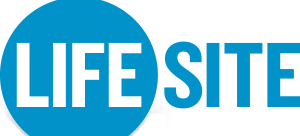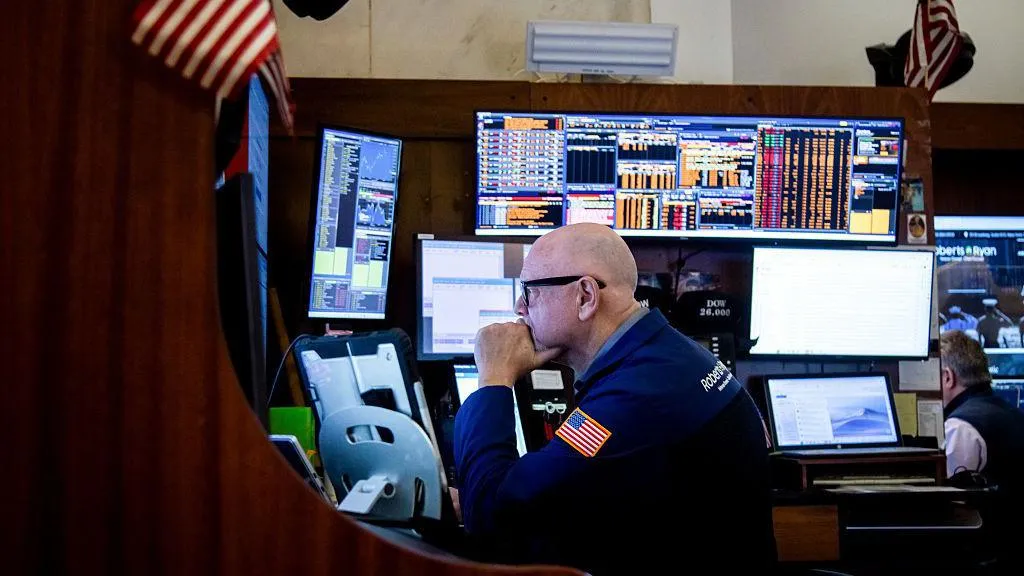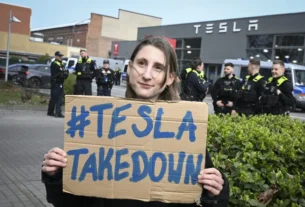As a former champion runner, Richard McDonald can move quickly for investors.
But Donald Trump’s announcement of broad global tariffs last week sped up the market falls, keeping him on his toes.
Previously a trader for Credit Suisse, he now buys and sells stocks privately. At his laptop in London last week, he watched as the president unveiled a poster board outlining tariff rates, some as high as 50%, for imports from countries around the world.
He raced to understand which companies might be worst hit. He then sold.
He stated, “It’s really ‘fastest finger first’ because there are billions being wiped off share prices every second.” “My mind was sprinting.”
In 25 years of trading, he said he had rarely experienced anything like it.

In the wake of Trump’s announcement of “Liberation Day,” the value of financial markets all over the world decreased by trillions of dollars.
Over the course of three days, leading share indices in the US and UK experienced some of the steepest declines since the beginning of the Covid-19 pandemic, losing more than 10%.
Both the dollar and oil prices fell.
By Wednesday,
the worries had spread to the bond market, as investors started dumping US government debt, usually a safe haven for investors in times of uncertainty.
Shares stopped falling and rose when Trump said he was delaying some of the most expensive tariffs.
But the market turmoil was far from over.
Trump imposed a 10% tariff on most imports and a 145% tariff on goods from China, America’s third-largest import source after Mexico and the European Union.
The S&P 500 lost another 3.5 percent the following day, the Dow lost 2.5 percent, and the Nasdaq lost 4.3 percent.
At St Louis-based Argent Capital Management, the mood, said portfolio manager Jed Ellerbroek, was “still miserable”.
As investors look for businesses that are likely to be able to withstand the storm brought on by the tariffs, some of his firm’s holdings, such as United Healthcare, have performed well over the course of the past week. But his third largest investment is Apple, which makes the majority of its iPhones and other products in China.
According to Mr. Ellerboek, “Trump has induced a huge amount of uncertainty into the global economy, and consumers, investors, and business managers are reeling and unable to make long-term decisions.” He stated,
“We are really on hold because we trade only when we have high conviction levels.”
“What do we do with Apple? I’m not sure. I’m not going to change when I have no clue what the tariff rate is going to be next week,” he said.
Faced with so many uncertainties, some investors are simply quitting the market, said John Canavan, lead analyst at Oxford Economics.
“What you’re looking at, broadly speaking, is a market that is frustrated, uncertain and confused about where we’re going to be one day to the next,” he said.
“In that environment you have a tendency to see some investors choosing the safety of cash.”
While Trump’s tariff rollback was a “relief”, he said it did not change the bigger picture: firms in the US that are bringing in parts or products are facing significantly higher import taxes than they were at the start of the year.
“The tariffs that remain are still high enough that they are likely to push up inflation and weigh significantly on the economy as we go forward,” he said.
“We’re just trading back again on the broader long-term outlook of the tariff implications, which is still negative.”




